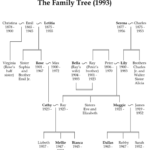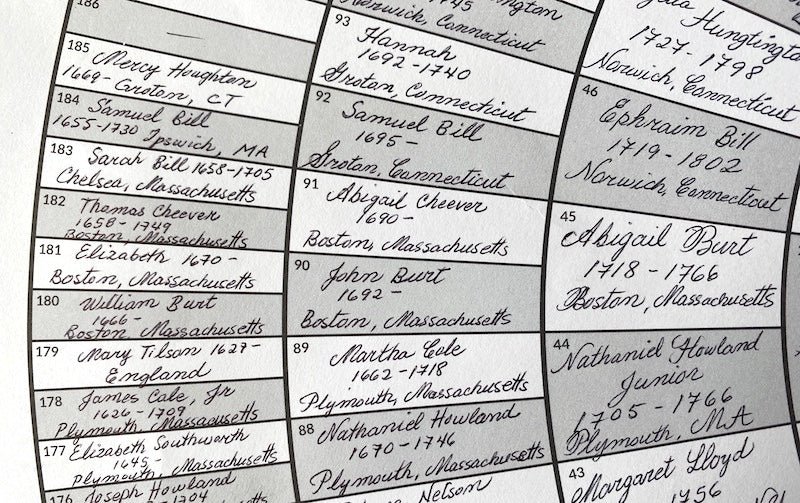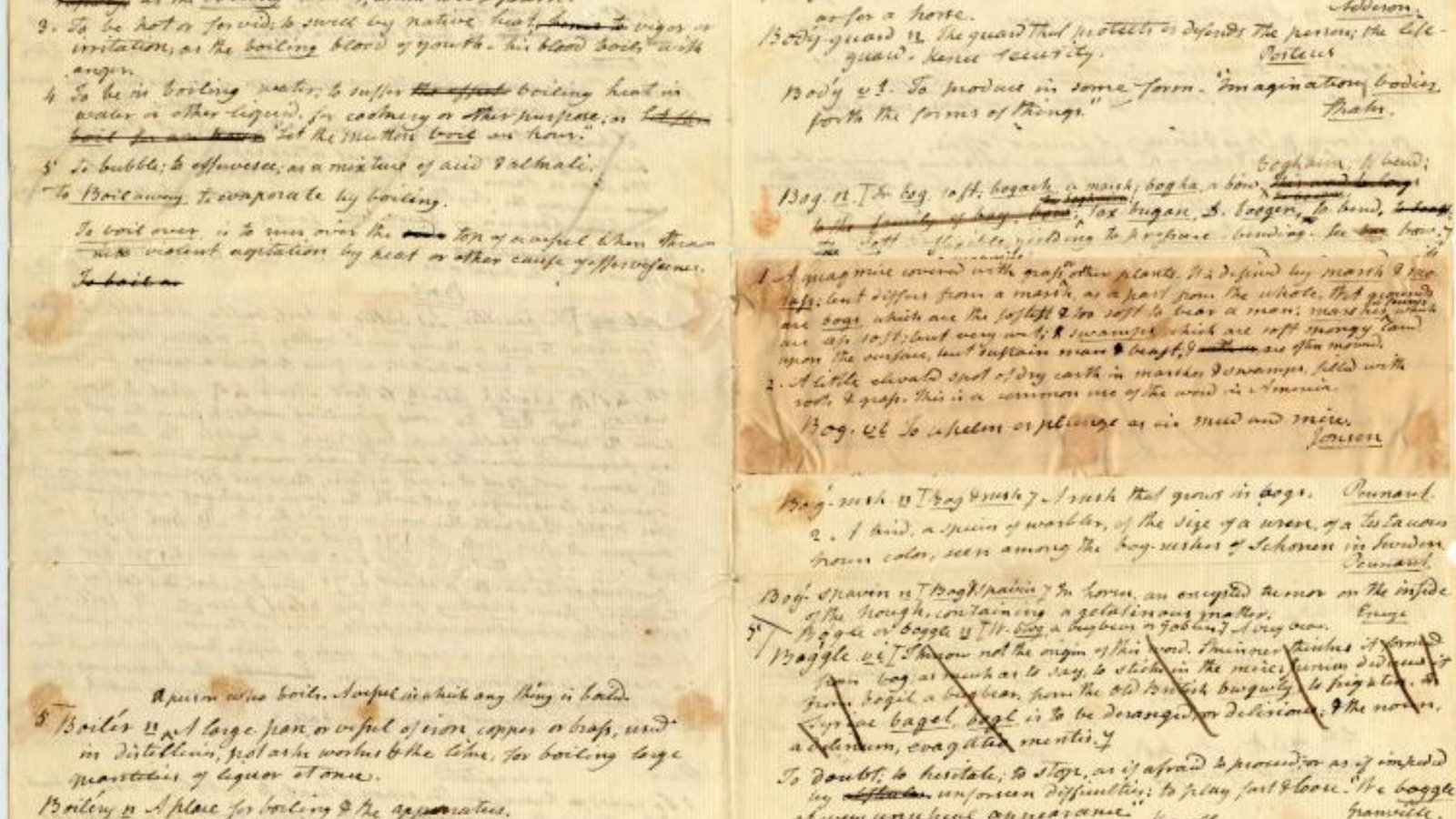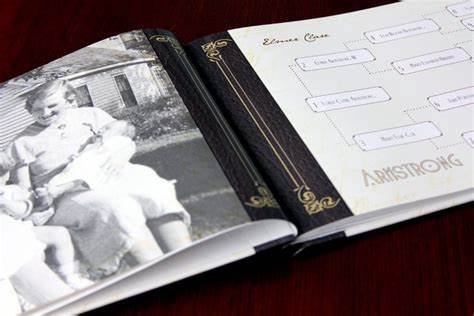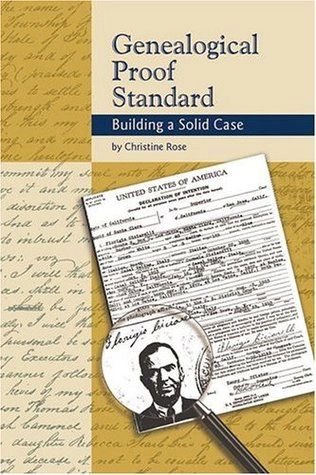Genealogy research is an exciting journey into your family’s history. However, old records often contain unfamiliar or unusual terms that can make it difficult to fully understand your findings. This is where knowing some helpful tips for decoding old genealogical terms can make a big difference. With the right strategies, you can easily translate these old words into meaningful insights about your ancestors. In this article, we’ll provide the best tips for decoding old genealogical terms and help you continue your research with confidence.
Why Knowing Tips for Decoding Old Genealogical Terms Is Important
When you’re researching your family history, you will likely come across old documents such as birth certificates, marriage records, wills, or census forms. These records often contain words that are no longer in common use today. Without understanding these terms, it can be challenging to interpret the information.
Tips for decoding old genealogical terms help you understand these tricky words, making it easier to piece together your family’s story. Once you can recognize and understand these terms, your research will progress much faster. This skill is especially useful if you’re working with historical documents or language from older periods.
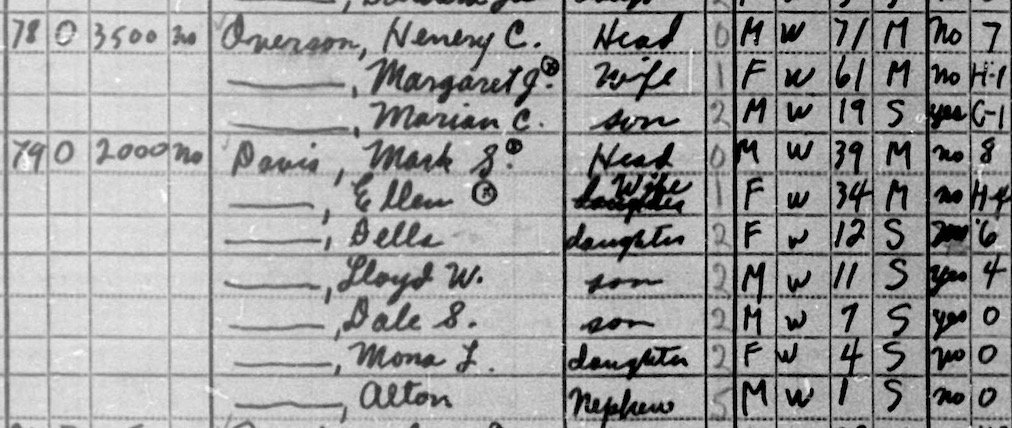
Top Tips for Decoding Old Genealogical Terms
- Start with a Genealogical Dictionary
One of the best tips for decoding old genealogical terms is to use a genealogical dictionary. A dictionary designed for family history research will give you quick and accurate definitions of obscure or uncommon terms. Whether you’re looking up an old job title like “apothecary” or a place name that’s no longer in use, a genealogical dictionary is a great resource.
These dictionaries are often available online, and many websites provide free access. Some popular online genealogical dictionaries include The Online Dictionary of Genealogy or Genealogy.com’s Dictionary. Using these resources, you can easily look up unfamiliar terms and keep your research moving forward.
- Look for Historical Context
Sometimes, just knowing the definition of a word isn’t enough. Understanding the historical context is one of the most important tips for decoding old genealogical terms. Words in old records might have had different meanings in the past compared to today. For example, the term “bachelor” once referred to a young man who had not yet married, but today, it can refer to an unmarried man of any age.
To decode old genealogical terms accurately, you must consider the time period and location of the document you’re working with. Try researching the history of the term during the time it was used, as this will give you a deeper understanding of its meaning and relevance.
- Use Online Genealogy Resources
Another great tip is to use online genealogy platforms like Ancestry.com, FamilySearch, or FindMyPast. These websites often feature tools and glossaries that define specific genealogical terms. Some even offer detailed explanations of old occupations, places, and other historical terms.
Additionally, many genealogy websites allow users to discuss terms and help each other understand unfamiliar words. By participating in these communities, you can often get quick and accurate explanations for tricky terms.
- Consult Family History Books and Guides
Books dedicated to genealogical research are another valuable resource for decoding old terms. Many books, such as The Oxford Dictionary of Family Names or A Dictionary of Genealogy, offer definitions and context for terms commonly found in family history research.
These resources provide more than just simple definitions—they often include historical details and examples that make it easier to understand the terms in context. Consulting these books can be a helpful way to expand your knowledge of genealogy terminology.
- Ask Other Genealogists
If you’re stuck on a particular term, one of the best tips for decoding old genealogical terms is to ask other genealogists. Joining online forums or social media groups dedicated to genealogy can connect you with experienced researchers who are often willing to share their knowledge.
There are many active genealogy communities where people help each other with terms, documents, and other research challenges. Asking for help or sharing your questions can be a great way to get insights into old and obscure terms.
- Use Local History Resources
Sometimes, the key to understanding old genealogical terms lies in local history. Many terms are specific to certain regions, cultures, or time periods. For instance, in some areas, “laird” referred to a landowner, while in others, it could mean a chief or leader.
Local history books, museums, and archives can provide valuable context to help you understand these terms. You may find guides or glossaries specific to the area your ancestors lived, which can help you decode region-specific words.
- Take Notes and Keep Track of Terms
When learning tips for decoding old genealogical terms, it’s important to keep notes. As you come across new terms, write them down in a list along with their definitions and any historical context you find. Over time, you’ll build your own personal glossary of genealogy terms that you can easily refer to during future research.
By keeping track of these words, you’ll avoid having to look them up repeatedly. This will save you time and help you move forward with your research without getting stuck on unfamiliar terminology.
Conclusion: Tips for Decoding Old Genealogical Terms Effectively
In conclusion, decoding old genealogical terms doesn’t have to be a daunting task. By using a genealogical dictionary, looking up historical context, utilizing online genealogy platforms, and seeking help from other genealogists, you can quickly understand even the most obscure terms. Additionally, consulting local history resources and keeping notes will help you stay organized and improve your research efficiency.
By following these tips for decoding old genealogical terms, you will enhance your understanding of the records you encounter and make your family history research more enjoyable and successful. As you uncover more details about your ancestors, these strategies will ensure that you never miss a key piece of information.





